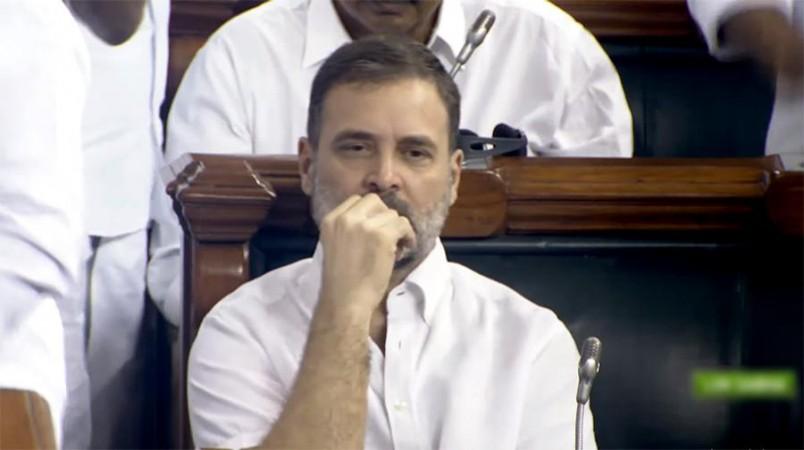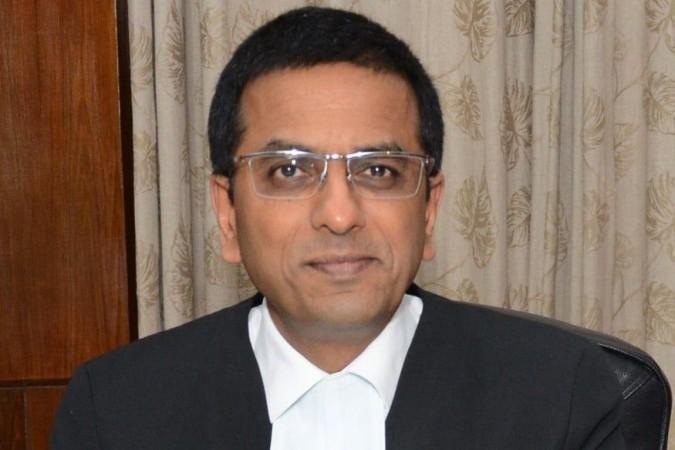
The Supreme Court disposed of a staggering number of 52,220 cases this year. The data from National Judicial Data Grid also says that the Apex Court heard more than 20 Constitution Bench cases. Landmark judgements, court drama and controversial rulings sum up some of the key judgements of the year 2023. Many of the rulings will affect and determine the political character and landscape of the nation, if viewed in the backdrop of Lok Sabha elections in 2024.
Demonetisation was valid: SC
At the start of the year in January, in a controversial decision, the Supreme Court Constitution bench upheld by a 4:1 majority the Central Government's decision to demonetize currency notes of Rs 500 and Rs 1000 denominations. In Vivek Narayan Sharma Vs Union of India, the Supreme Court ruled that GoI's decision taken six years ago, dated November 8, 2016, was valid and satisfied the test of proportionality. The dissenting view by Justice BV Nagarathna stated that although the demonetization was well-intentioned, it had to be declared unlawful on legal grounds.
Appointment of Chief Election Commissioners stands modified
Come March and in yet another landmark judgment in Anoop Baranwal Vs Union of India, a five-judge constitution bench of the Supreme Court, led by Justice KM Joseph, modified the process for appointing members of the Election Commission of India. The bench directed that the Chief Election Commissioners and the Election Commissioners will be appointed by the President on the advice tendered by a committee (comprising the PM, CJI and leader of the opposition).
Article 324(5) stipulates that the conditions of service for ECI shall be such as the "President determines subject to the provisions of any law made by Parliament." In August, the Union Government introduced the Chief Election Commissioner and other Election Commissioners Bill, 2023 in the Rajya Sabha. The bill proposed a selection committee (which excludes the CJI and includes the PM, leader of the opposition and a Union cabinet minister chosen by the PM). In December, the Rajya Sabha passed the bill and days later Lok Sabha passed it with a voice note.
Rahul Gandhi defamation case

Rahul Gandhi's Disqualification
In another judgment affecting the political landscape of the nation, in August, the Supreme Court stayed the conviction of Congress leader Rahul Gandhi. In Rahul Gandhi vs Purnesh Ishwar Bhai Modi, the Supreme Court stayed his conviction in a criminal defamation case brought against him for a 'Modi remark' made by Gandhi during a political rally in 2019.
In a relief to the opposition members of the Parliament, the judgment paved the way for Gandhi's return to Parliament. The Bench comprising Justices B.R Gavai, P.S. Narasimha, and Prashant Kumar Mishra observed, "If a constituency in Parliament goes unrepresented, is it not a relevant ground (to suspend conviction). No whisper by the trial judge for the need to impose the maximum sentence. Not only the right of one individual is being affected, but the entire electorate of the constituency."
Article 370
In perhaps one of the last of the key political judgements of the year, in December a Constitution Bench led by Chief Justice D.Y. Chandrachud upheld the Union Government's decision to revoke special status granted to the erstwhile state of Jammu and Kashmir ( J&K). While deciding the fate and character of J&K, the court said, "All states in the country have legislative and executive powers. Articles 371(a) to (j) are examples of special arrangements of different states and is an example of asymmetric federalism. Thus Jammu and Kashmir does not have internal sovereignty and is like all States and Union Territories of India."

While flipping through the pages of key judgements, the court also granted bail to activist Teesta Setalvad in a forgery case, while calling the order of the Gujarat High Court "perverse." On granting bail to activists, the SC also provided relief to activists arrested in the Bhima Koregaon case, though in November it adjourned the bail hearing of JNU scholar and activist Umar Khalid. The matter has been listed for January 10, 2024.

















